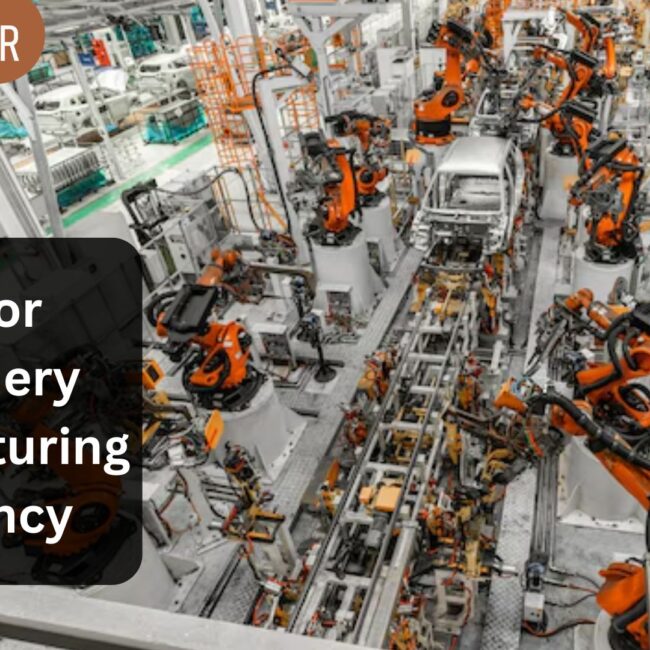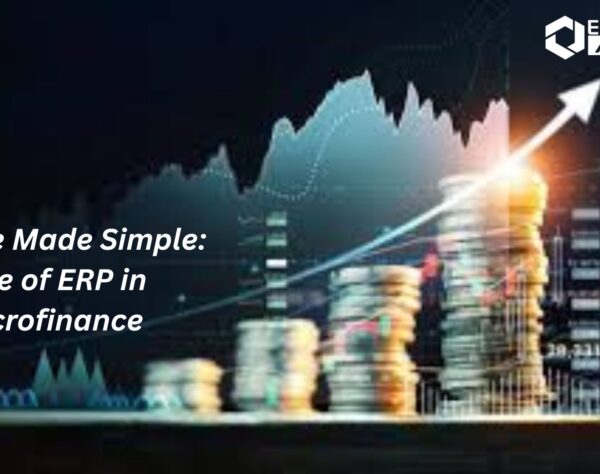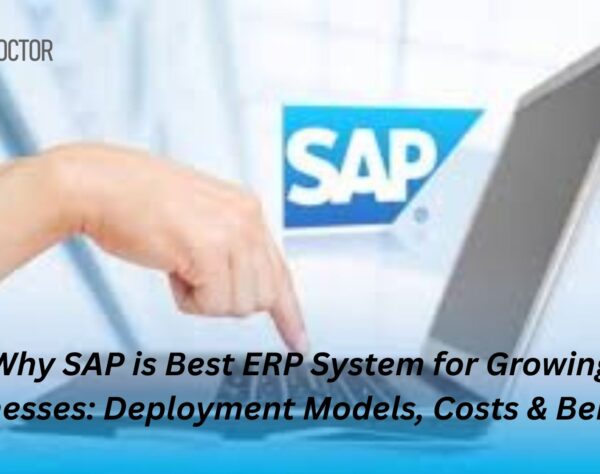
Need Better Logistics? ERP Can Help You Scale

Struggling with Logistics? ERP is the Ultimate Solution
Are you tired of dealing with logistical chaos? Do you find it challenging to keep track of inventory, shipments, and vendor relationships as your business grows? The solution could be simpler than you think: ERP for Logistics. A well-integrated ERP system can help you streamline your logistics, enhance visibility, and scale your operations effectively. Let’s explore how an ERP for Logistics can transform your logistics processes and make scaling your business easier than ever.
Why You Need an ERP System for Your Logistics
As businesses expand, managing logistics becomes a multifaceted challenge. Using spreadsheets, manual data entries, or disconnected software tools only complicates things further. Here’s how an ERP system can solve this:
1. Unified Data for Instant Decision Making
One of the best things about an ERP solution is how it brings all your data together in one place. Whether it’s inventory, orders, or shipment tracking, everything is right there for you to access. No more jumping between spreadsheets or different tools! With this centralized data, you can make faster and smarter decisions that keep your logistics running smoothly.
2. End-to-End Visibility and Control
As your logistics network expands, keeping track of suppliers, warehouses, and shipments can get tricky. But with an ERP, you have full visibility from start to finish. You can see your inventory levels, track deliveries, and identify any issues early on. This kind of end-to-end visibility helps you stay in control, adjust when needed, and avoid surprises.
3. Automated Inventory Management and Reduced Stockouts
Running out of stock or having too much inventory is a real headache. With an ERP system, inventory management becomes much easier. The system syncs with your sales and procurement, so you always know what’s in stock and when to restock. This helps you avoid stockouts and overstocking, ensuring you always have the right amount on hand without the manual hassle.
4. Optimized Routes and Shipment Planning
Managing delivery routes can get tricky as your business grows. With multiple locations, shipping carriers, and various products, it’s easy for things to slip through the cracks. ERP systems help by optimizing your routes, taking delivery times, carrier performance, and costs into account. This means fewer delays, lower shipping costs, and a better experience for your customers.
5. Effortless Collaboration with Vendors and Suppliers
A growing logistics network means working with more suppliers and vendors. An ERP system makes this easier by providing a single platform where you can manage everything—order status, vendor performance, and delivery schedules. This reduces confusion, strengthens your relationships with suppliers, and ultimately boosts your logistics efficiency.
6. Expandable Logistics Processes
One of the biggest challenges of growing a business is ensuring that your logistics can keep up. Whether you’re adding more warehouses, expanding to new markets, or introducing new products, an ERP system can scale with you. As your operations grow, the ERP helps you manage it all smoothly, without the fear of outgrowing your system.
7. Improved Customer Satisfaction and Retention
Logistics directly impact how happy your customers are. With ERP, you can ensure products are delivered on time, inventory is always available, and orders are processed efficiently. The result? Happy customers who are more likely to return and recommend your business to others.
8. Cost Control and Increased Profit Margins
Logistics can be expensive, especially when things are disorganized. ERP helps you save money by automating routine tasks, optimizing inventory, and improving route planning. This means fewer mistakes, lower operational costs, and better control over your logistics budget—leading to higher profit margins.
9. Regulatory Compliance and Risk Management
The logistics world is full of rules and regulations, especially around shipping and data security. An ERP software helps you stay on top of these requirements by automating tracking and keeping your records up to date. This helps reduce the risk of compliance issues and potential fines, keeping everything running smoothly and legally.
How to Implement ERP for Logistics Success
To truly capitalize on ERP benefits for logistics, you need to ensure a smooth ERP implementation process. Here’s how to make it successful:
- Choose the Right ERP Solution: Not all ERP solutions are created equal. Choose a solution that fits your logistics needs, whether that means enhanced inventory tracking, route optimization, or supplier management. Make sure it integrates well with your existing systems.
- Customize for Your Business: Tailor the ERP system to meet your unique logistics challenges. Customize workflows, data fields, and reporting tools to align with your business processes.
- Train Your Team: Successful ERP integration relies on team adoption. Provide your staff with proper training so they can use the system to its fullest potential.
- Monitor and Optimize: Continually assess the effectiveness of your ERP system and make adjustments as necessary. ERP software thrives on continuous improvement, so use the data it generates to find ways to optimize logistics and drive even more efficiencies.
FAQs About ERP in Logistics
What exactly is an ERP system, and how does it impact logistics?
ERP (Enterprise Resource Planning) is software that integrates various business functions, including logistics. It centralizes data, automates processes, and provides real-time insights, making logistics operations more efficient, transparent, and scalable.
Can an ERP system help reduce shipping costs?
Yes! By optimizing routes, automating inventory management, and improving supplier collaboration, ERP systems can help reduce shipping delays, minimize excess inventory, and lower overall logistics costs.
How does an ERP system improve customer satisfaction in logistics?
With ERP, businesses can ensure on-time deliveries, accurate inventory levels, and real-time order tracking, which directly contributes to improved customer satisfaction by delivering consistent, reliable service.
What kind of businesses can benefit from ERP in logistics?
Any business with a growing or complex logistics operation can benefit from ERP. Whether you’re a retailer, manufacturer, or distributor, ERP helps streamline processes and manage scalability, no matter the size.
How long does it take to implement an ERP system for logistics?
The implementation timeline depends on the size of your business and the complexity of your logistics needs. On average, it can take anywhere from a few months to over a year to fully implement an ERP system, including customization and staff training.
If you’re looking to scale your logistics operations, adopting an ERP system is the best decision you can make. With the right system in place, you’ll have better visibility, control, and efficiency across your logistics processes, setting your business up for long-term success. Ready to make the shift? ERP can help you scale smarter, faster, and more efficiently.
Need some expert advice on how to get started? Visit erpdoctor.in . Fill out the form below, and we’ll be in touch with you soon to guide you through the process!







